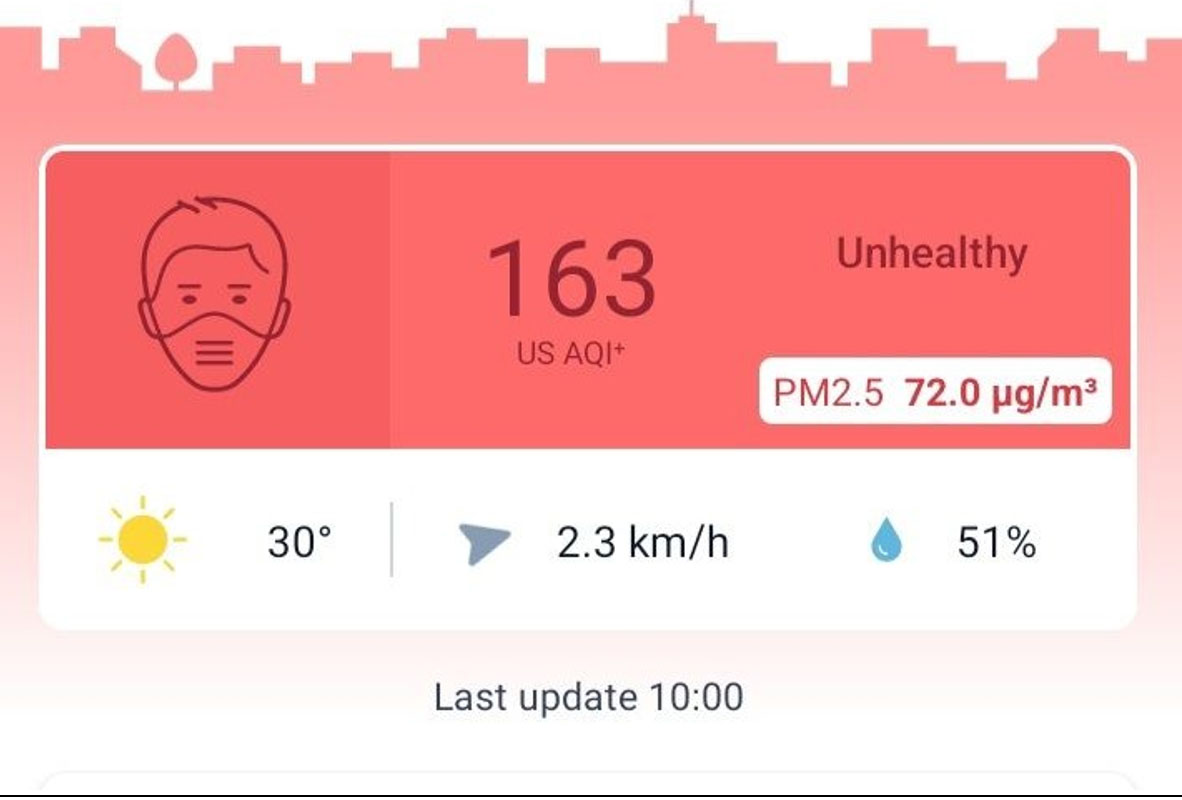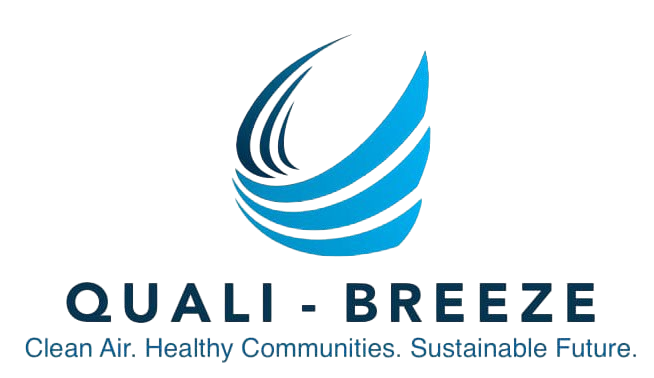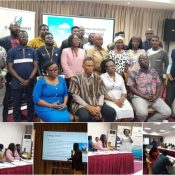
The Silent Killer: Air pollution’s threat to Human Health and the Environment
The air we breathe is essential for
human life. The World Health Organization (WHO) reports that air pollution
affects 9 out of 10 people worldwide, leading to a surge in health-related
illnesses. In Ghana, air pollution has become a significant concern, with
respiratory, cardiovascular, and cancer cases on the rise. Children are
particularly vulnerable to the detrimental effects of air pollution.
Human activities are the primary cause
of air pollution in our communities, improper waste disposal including waste
burning releases harmful pollutants into the environment. Waste burning is
becoming a norm in some of the West African countries, although proper waste
management system is still a huge struggle. Construction, Industrial processes,
transportation, and agricultural practices also contribute to air pollution.
The consequences of air pollution are
severe, causing damage to our environment, health, and economy. Our medical
facilities are overstretched, and there is a lack of effort in addressing the
health impacts of air pollution.
Waste burning is an age-long practice
that is causing harmful effects from plastics, cans, paper and metals which
releases pollutants like particulate matter (PM), nitrogen oxides (NOx), and
sulfur dioxide (SO2) into the air. These toxins are harmful to our health and
to the environment.
To mitigate the impacts of air
pollution, we must adopt a multi-faceted approach that involves individuals,
communities, organizations, and governments. Some solutions include:
1. Educating residents about the
dangers of waste burning and its impact on health and the environment.
2. Mobilizing community members to
take action against waste burning.
3. Collaborating with local
authorities to strengthen enforcement and policy implementation.
4. Increasing waste segregation and
recycling rates.
5. Implementing a reward system for
residents who properly manage their waste.
6. Ensuring adequate maintenance and
servicing of vehicles.
7. Improving energy efficiencies in
households and industries.
8. Enforcing strict emissions
standards for vehicles, industries, and construction companies.
9. Encouraging sustainable
agricultural practices like organic farming.
10. Shifting from fossil fuels to
renewable energy sources.
In conclusion, air pollution is a
pressing issue that requires immediate attention. By working together and
implementing these solutions, we can mitigate the impacts of air pollution and
create a cleaner, healthier environment and a more sustainable future for all.
Paul Nwachukwu is
a Business and Sustainability Professional
Founder, Quali-Breeze an organization working to improve air quality in African
communities
Picture Credit: IQAir
Recent Posts
Air Pollution, Climate Change Take Center Stage at Accra Journalist Workshop
+0123 (456) 7899
contact@example.com




